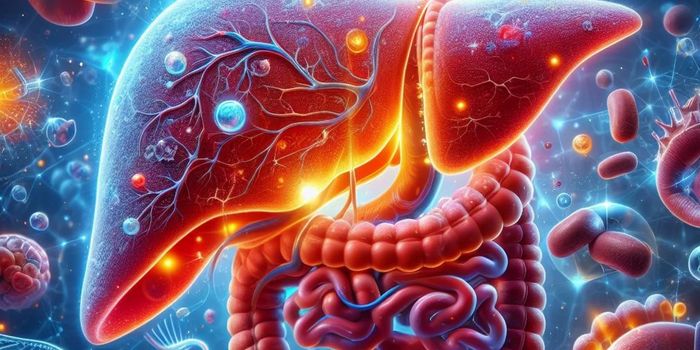Targeting Checkpoint Molecule Could Mean Checkmate for Cancer
In a new study published in Cell, researchers have identified a metabolic enzyme that could have powerful tumor-killing effects when targeted by immunotherapies. Interleukin-4-Induced-1, or IL4I1, is secreted in large quantities by tumors, naturally promoting the spread of cancers while simultaneously suppressing the immune system.
Immunotherapies are drug modality that works by either activating or quietening the immune system, helping the body to fight autoimmune conditions, infectious diseases, and cancer. For oncology applications, a variety of immunotherapies are currently available including T cell transfer therapies, monoclonal antibodies, cancer vaccines, and immune checkpoint inhibitors. While in theory, these approaches hold promise, clinical results have often fallen flat, leading researchers to identify fresh ways of boosting their efficacy on a molecular level.
IL4I1 was of particular interest to oncology researchers as a potential target because of its ability to promote cancer cell motility, dampen the adaptive immune response to cancer, and also its correlation with reduced survival in glioma (a malignant brain cancer) patients. The study’s authors saw similar observations in mouse models of glioma, as noted by study author Martina Seiffert from the German Cancer Research Center (DKFZ).
“In animals that do not produce IL4I1 in the tumor environment due to genetic alterations, the immune system is significantly more successful in preventing the cancer from progressing,” said Seiffert.
Their results put IL4I1 within the crosshairs as a prime target for future immunotherapies. As Christiane Opitz, a research group leader at DKFZ concludes, “IL4I1 has great potential as a target for drugs. So far, drugs that inhibit enzymes of the tryptophan metabolism have failed in clinical trials because the tumors did not respond to them. However, the role of IL4I1 has so far been disregarded, and this enzyme has not yet been tested as a target molecule.”
Sources: Cell, Genetic Engineering & Biotechnology News.









